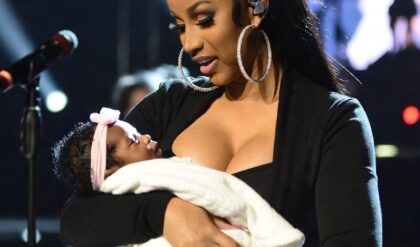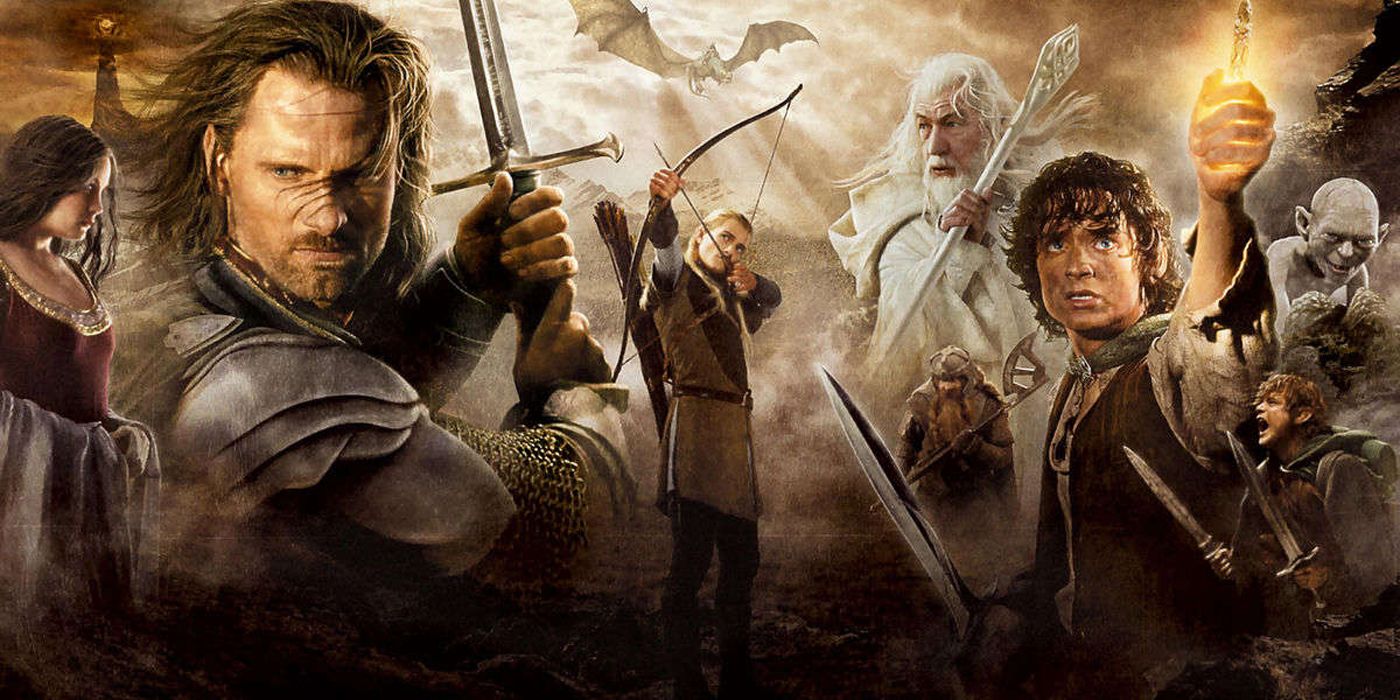
While Peter Jackson’s The Lord of the Rings trilogy remains a landmark cinematic achievement, one issue with the film series was solved by an adaptation that preceded it by 20 years. In 1978, legendary animator Ralph Bakshi made a film adapting most of The Fellowship of the Ring and The Two Towers, and the following surge of popularity for the books led the BBC to produce LOTR as a radio play, a popular format at the time. Little did the BBC know that their 1981 production would remain one of the best adaptations of the books over 40 years later.
Coming in at 26 episodes and a total runtime of 13 hours, the BBC Radio 4 The Lord of the Rings is a painstakingly crafted adaptation of the source material with a phenomenal cast. While the 2000s film trilogy by Peter Jackson is generally considered the greatest realization of the books on film, they still couldn’t fit every aspect in, even with the runtime of the Extended Editions coming to 683 minutes (almost 11.5 hours). While only an hour and a half longer, the BBC Radio adaptation manages to keep more of the books’ original dialogue, among other things, overcoming a major movie problem in the process.
The BBC’s 1981 The Lord Of The Rings Radio Series Overcomes A Problem Peter Jackson’s Movies Couldn’t
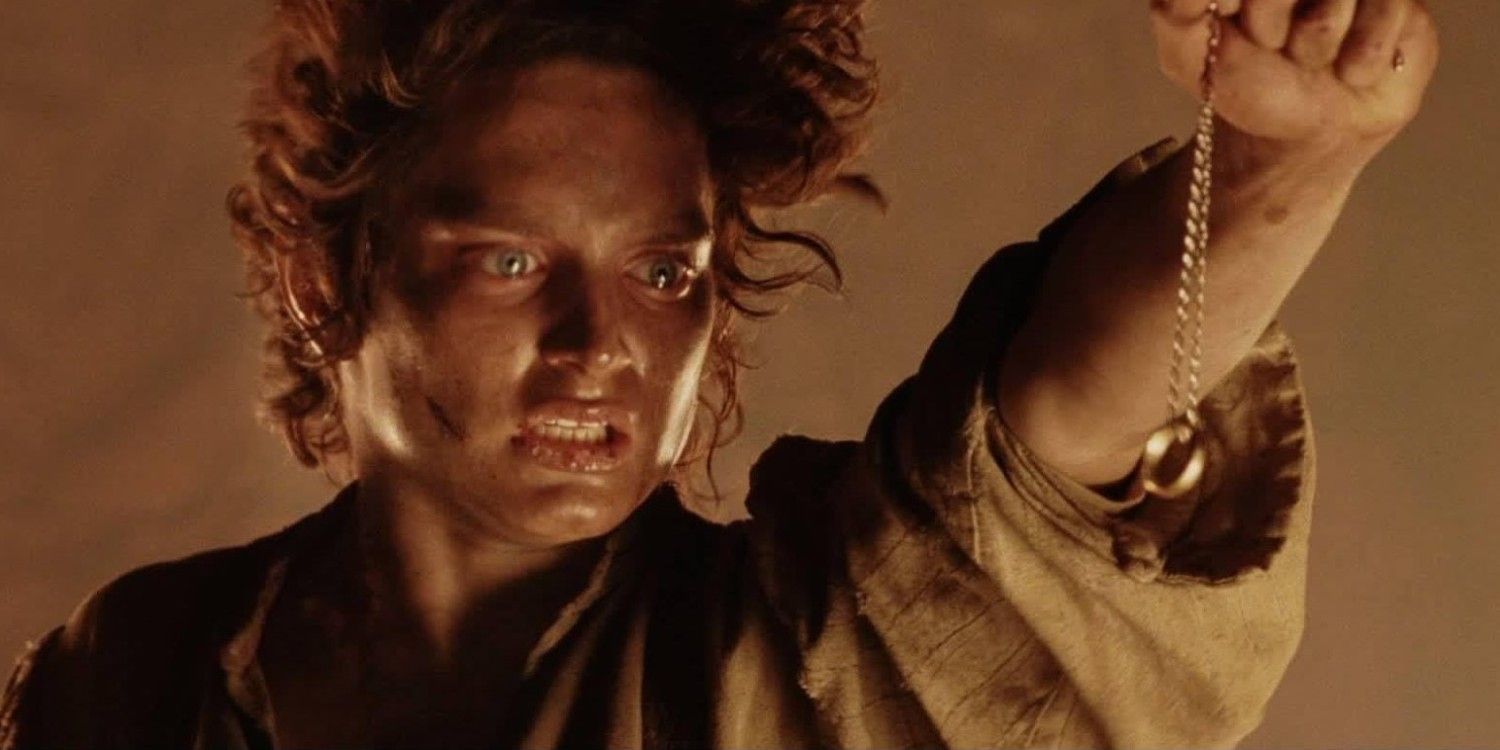
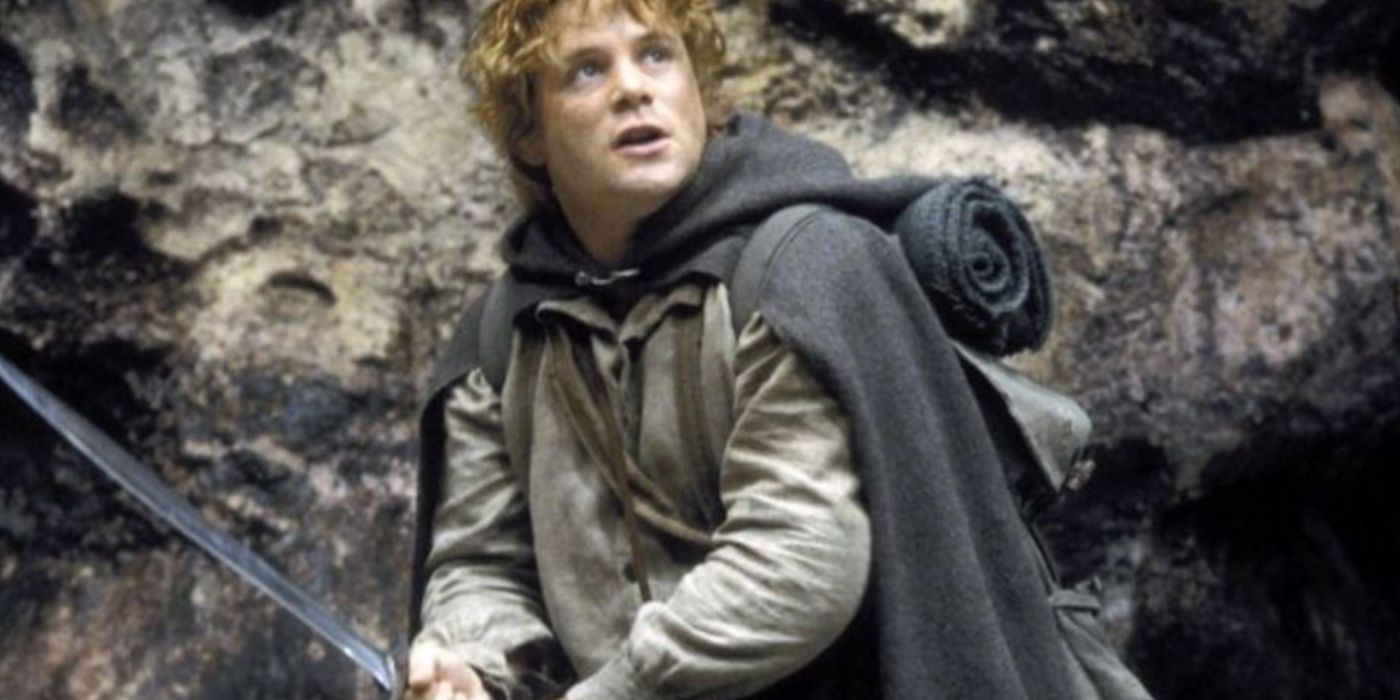
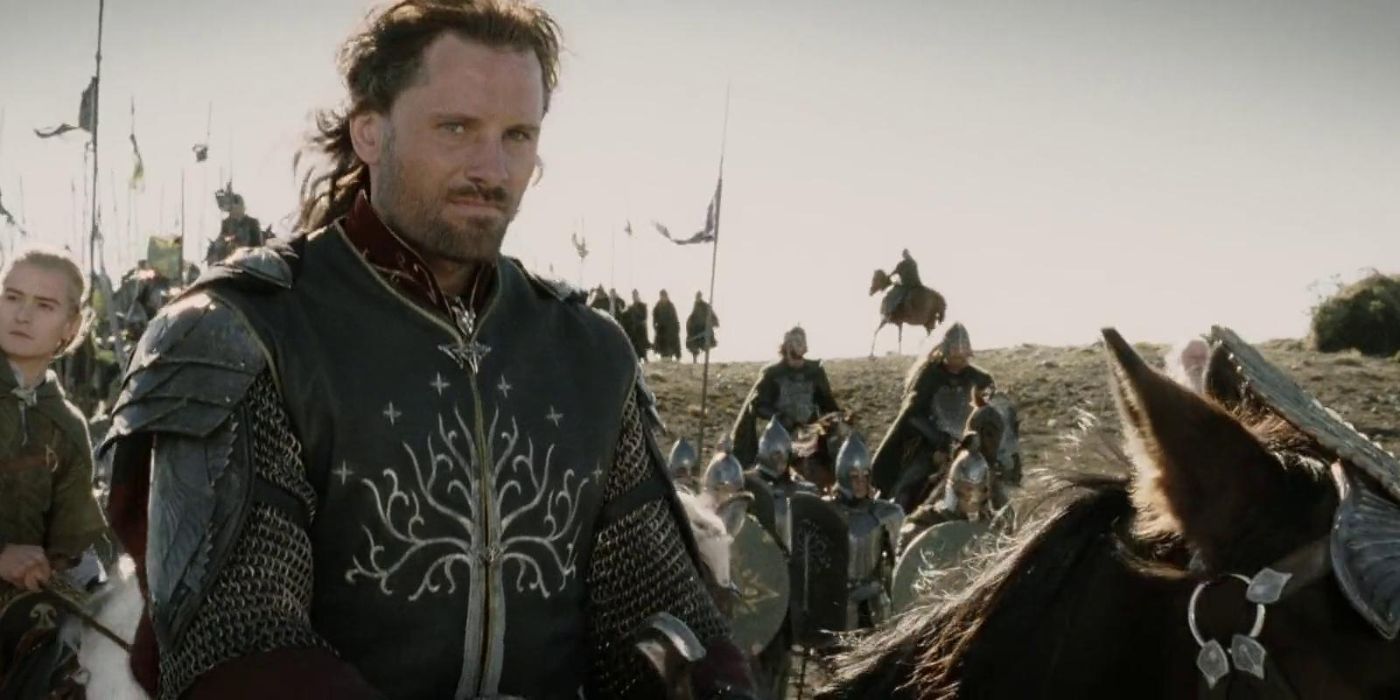



While the BBC Radio version of The Lord of the Rings did have to conform to broadcast standards with a half-hour episode length, the serialized nature of the show meant it could lean in to the pacing of the books more than any film adaptation has been able to, as 26 episodes translated to six months of broadcasts. Between that timing and the effort of the scriptwriters, Brian Sibley and Michael Bakewell, the pace of Frodo and company’s adventures is fast and engaging while still remaining more faithful to Tolkien’s dialogue than any adaptation since.
The BBC’s The Lord Of The Rings Adaptation Might Be The Most Faithful Take On The Books Yet
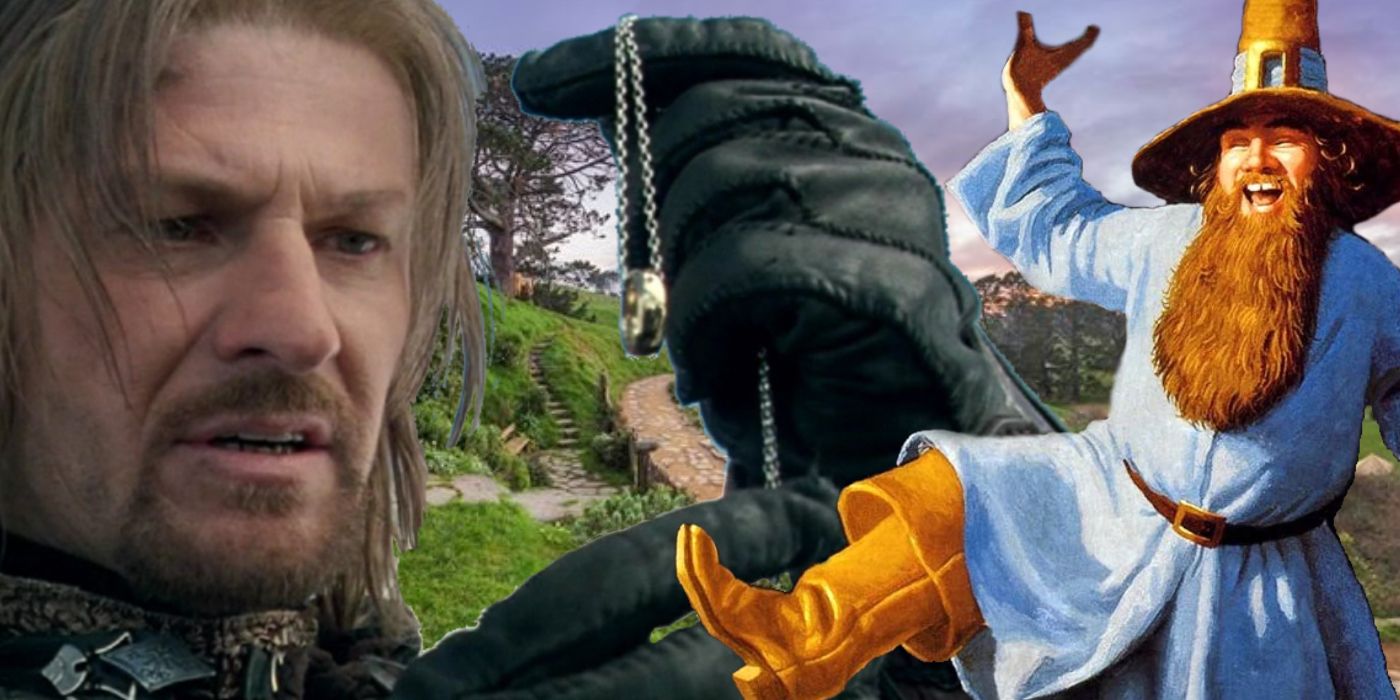
While other adaptations of Tolkien’s work have been able to impress us with visual spectacle, one recurring problem with adapting any book is whether the creators are successful at conveying the aesthetic of the story. Amazon’s Rings of Power series saw criticism for its first season’s mixed production value, while Rankin/Bass Animation’s 1977 The Hobbit and 1980 The Return of the King had divisive character designs. The BBC Radio adaptation, on the other hand, was free to ignore visuals and let Tolkien’s prose do all the heavy lifting.
The one thing no major adaptation of The Lord of the Rings has yet to include – even the BBC Radio version – is the character of Tom Bombadil. This character wasn’t seen on-screen until his appearance in season 2 of Amazon’s Rings of Power .
The BBC Radio The Lord of the Rings cast does wonders with the dialogue, narration, and poetry. Two actors – Michael Graham Cox as Boromir and Peter Woodthorpe as Gollum – returned in the same roles they played in Ralph Bakshi’s animated version a few years before. BAFTA winner and Oscar nominee Bill Nighy (credited as William Nighy) provided the voice of Samwise Gamgee and Frodo Baggins was played by Ian Holm – foreshadowing his role 20 years later in the Peter Jackson films. All this makes the BBC The Lord of the Rings one of the most exquisite ways to experience the wonder and adventure of Middle-earth.



